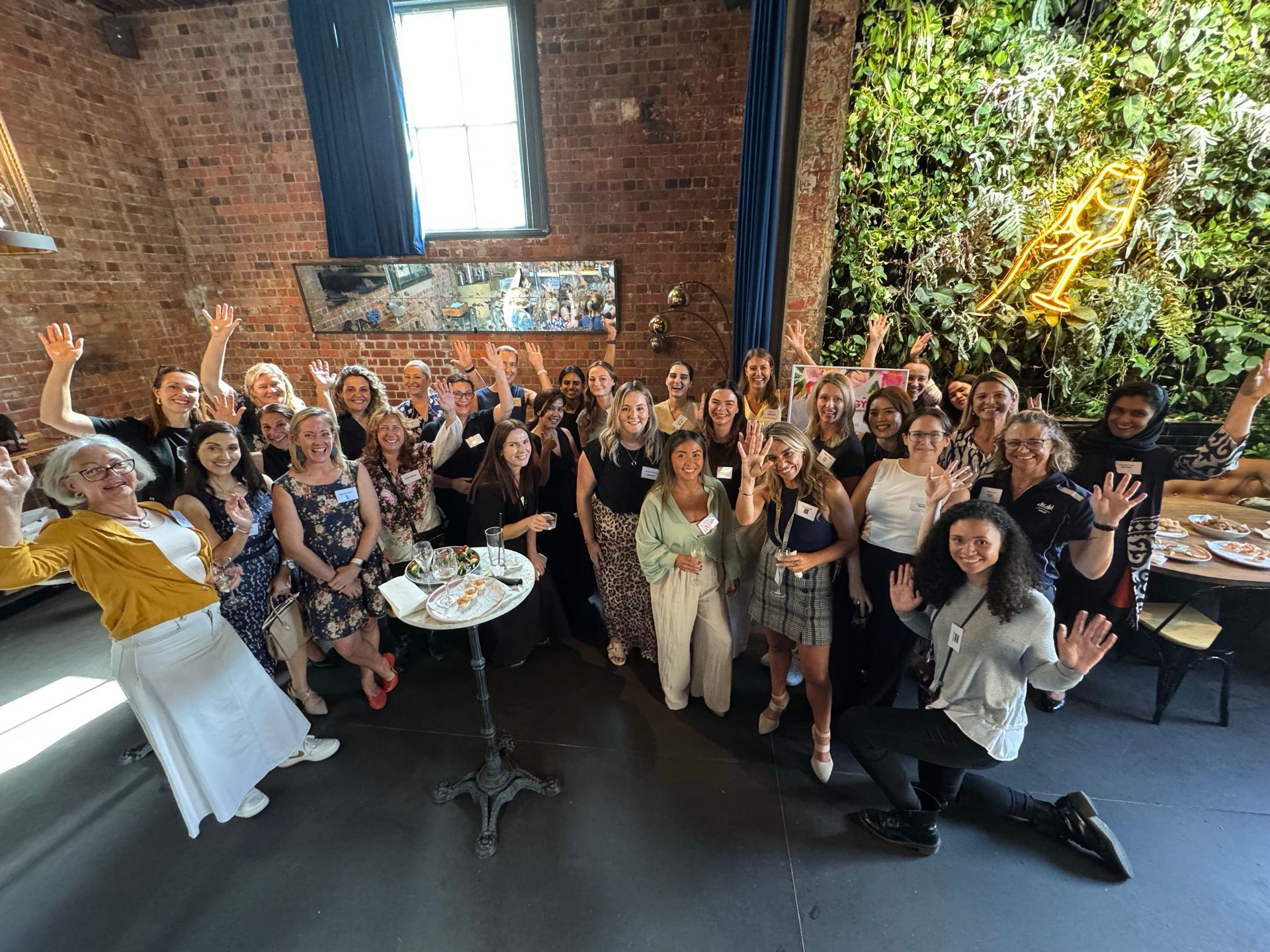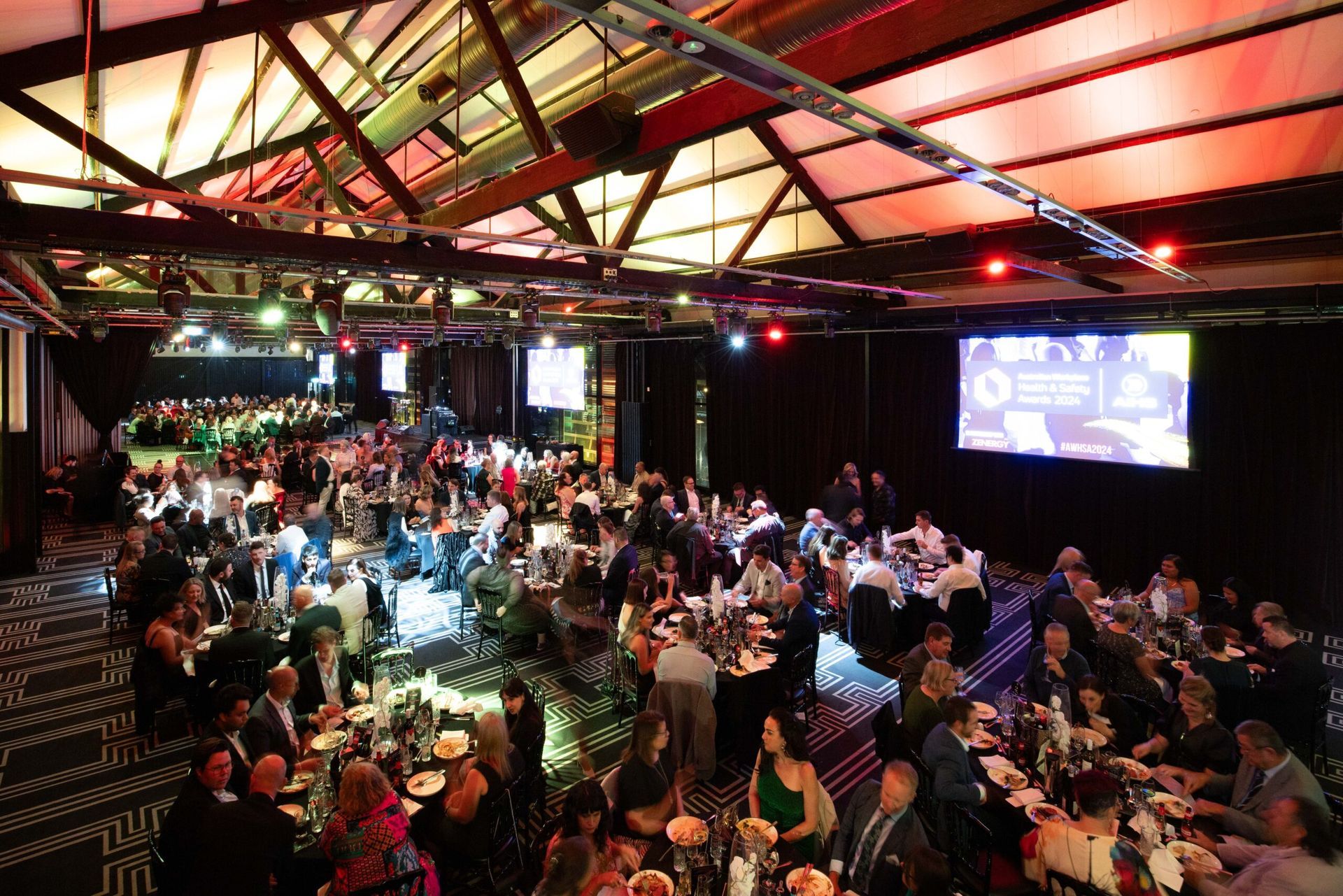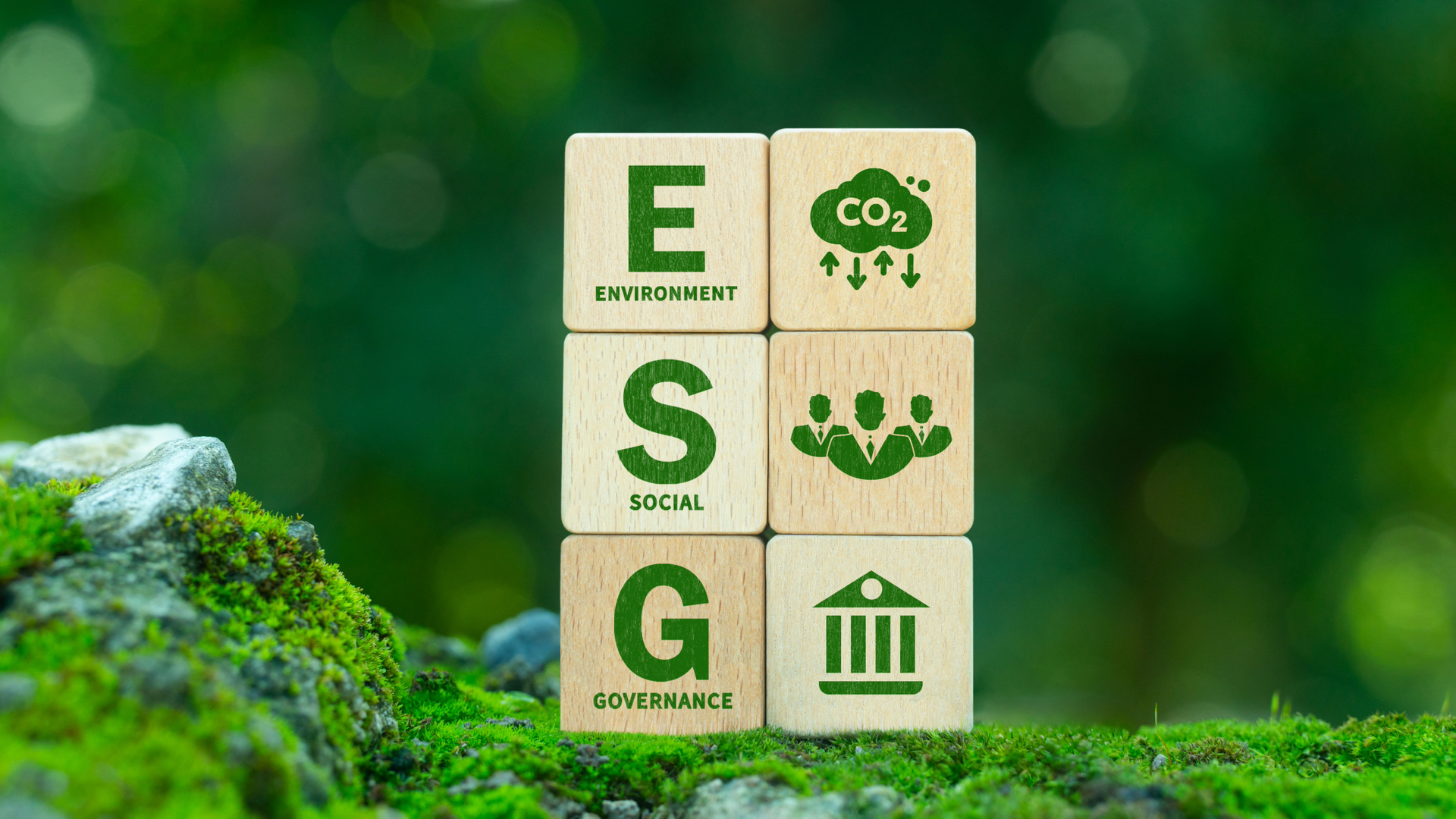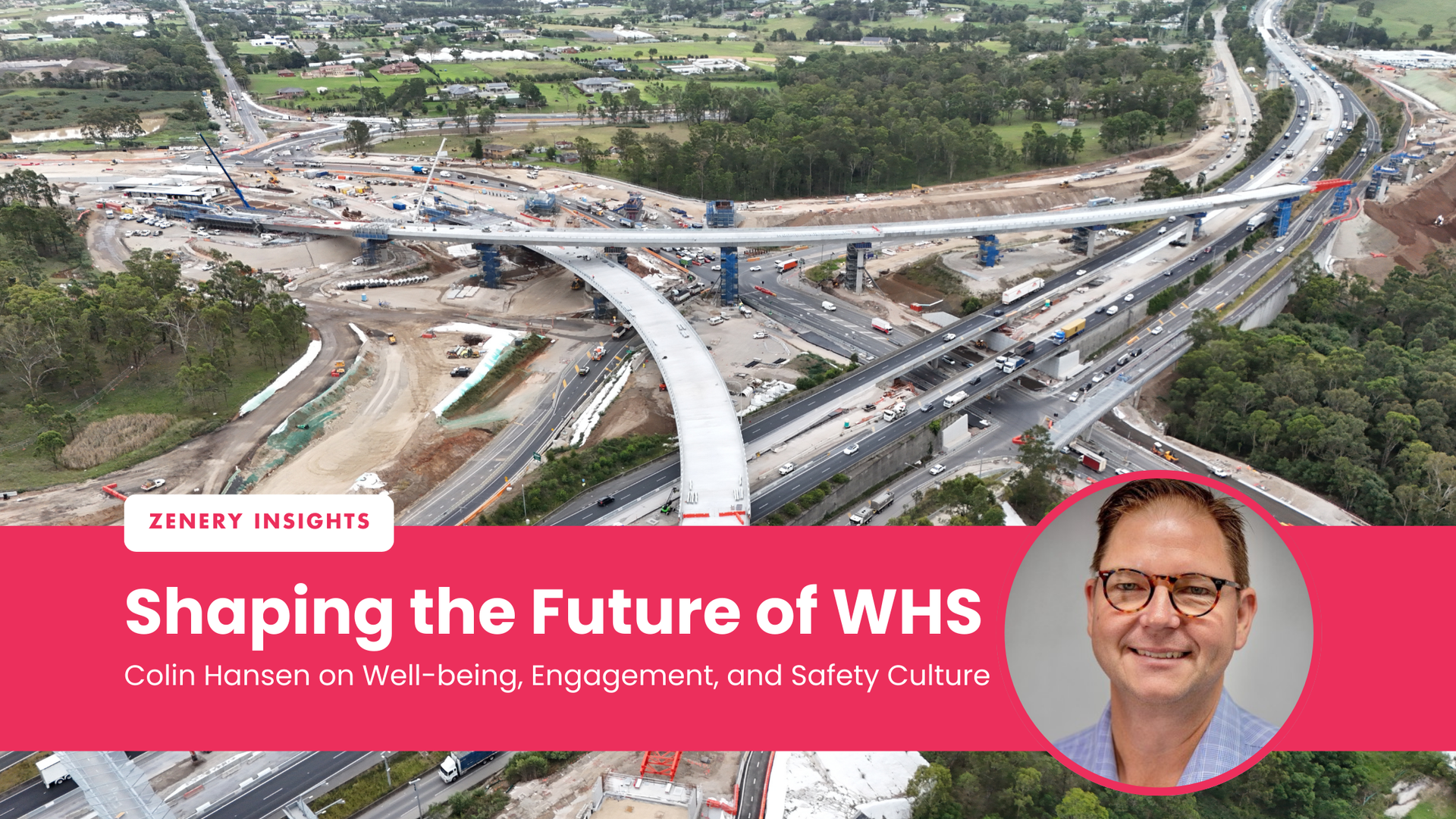Why an Integrated Management System (IMS)?
Why an Integrated Management System (IMS)?
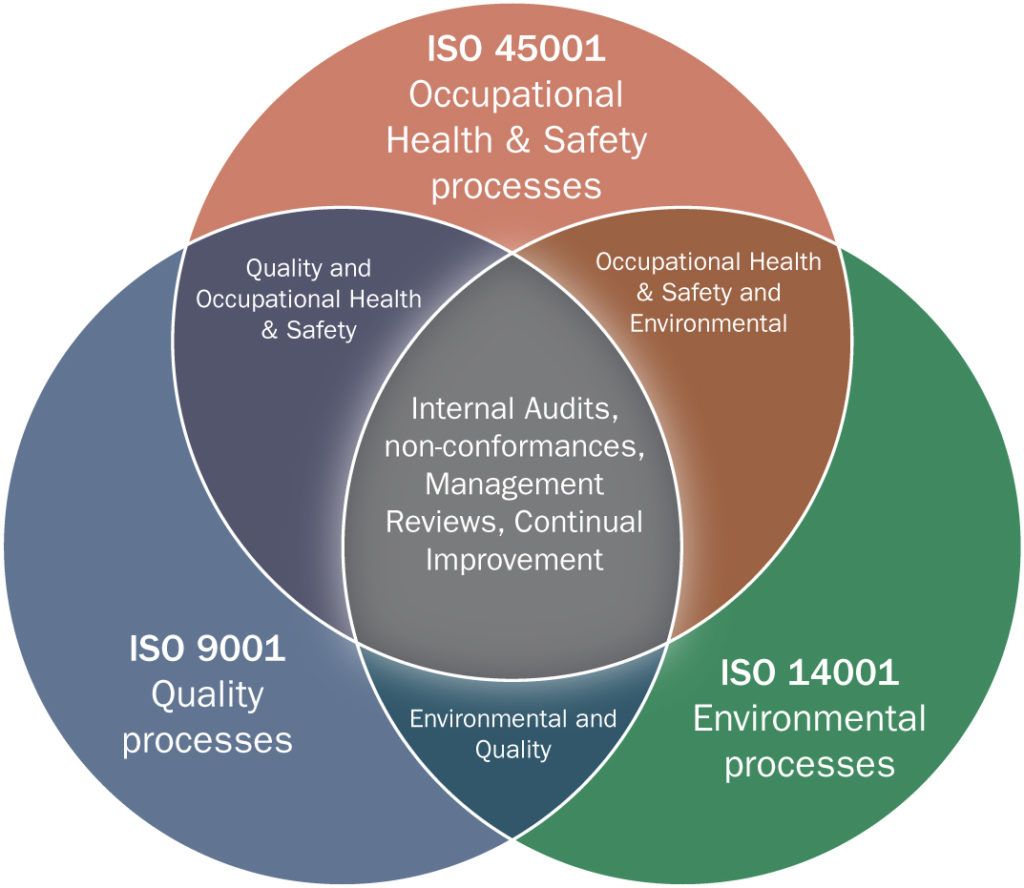
Paul Pascoe, Zenergy Professional Services specialist reports that there has been an increased demand for integrated management systems in recent years. Organisations are beginning to recognise how these systems enable improvement across various facets of the business. For organisations seeking continual improvement and efficiency as well as ensuring the security of their information, the question is: Why implement two different systems when one can meet both requirements?
What is an integrated management system?
A management system is a set of policies, processes, and procedures used by an organisation to ensure that it can fulfill the tasks required to achieve its objectives. These objectives cover many aspects of the organisation’s operations, including financial, safe operation, product quality, client relationships, legislative and regulatory conformance, and worker management.”
An integrated management system combines all related components of a business into one system for easier management and operations. Quality (QMS), Environmental (EMS), and Safety (WHS) management systems are often combined and managed as an IMS. The management systems are developed, implemented, and maintained via one system with processes that cover each standard’s requirements.
What are the benefits of an integrated management system?
The Zenergy Professional Services team have many years’ experience in developing or redeveloping organisations Integrated Management System (IMS) and believes an IMS results when an organisation uses one single management system to manage multiple aspects of organisational performance and it is characterised by:
- Its scope will cover the totality of the organisation’s processes and systems and embrace health, safety, environment, quality, security, human resource, finance, marketing, public relations, etc. as relevant to the organisation’s values, operations and objectives.
- It is formally defined in a harmonised and consistent style appropriate for its purpose.
- Replication of documentation is minimised while ensuring the effectiveness and efficiency of the IMS.
- It is structured to control and guide the organisation’s processes in the most effective and efficient way and does not slavishly follow that of a specific management standard or item of legislation.
- Each component of the management system takes account of all the other components as appropriate. It addresses all relevant stakeholder requirements defined via standards, legislation or other defined requirements.
- An integrated approach to planning, with good use of business wide risk management approaches.
Developing and integrated management system
Paul Pascoe, Zenergy Professional Services specialist and his team Zenergy have assisted many organisations in developing the combined Management System “Framework” documentation with the supporting forms and tools documentation required in alignment with the general structure of published standards.
The scope of the redevelopment of the IMS documentation should be determined entirely by the objectives of your organisation and is therefore tailored to your specific needs. Naturally, the objectives must be compatible with the resources allocated. IMS’s are therefore complex as they should contain all the components necessary to cover all issues in the management of a site or area, but it should be applicable to your organisational needs and take into account your operations.
Contact Us to Discuss Your Needs
Contact Zenergy today to discuss your needs, whether you need to develop or redevelop your existing management systems documentation into an Integrated Management System (IMS), which includes Quality (QMS), Environmental (EMS), and Safety (WHS) management systems combined and managed as an IMS, and if need to gain Certification for each of the published ISO Standards.
Click HERE if you need to transition your management system documentation from AS4801 to meet the ISO 45001 requirements.
Contact Us
Zenergy News

